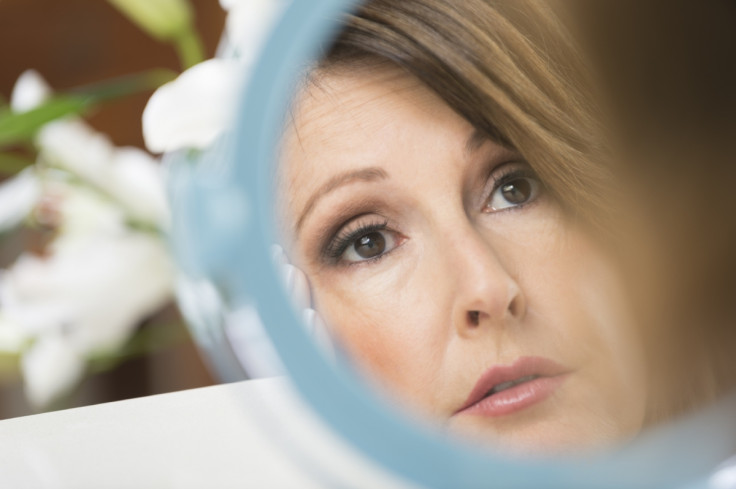How old do you look? Perceived-age possibly influenced by gene variant

If you look older than your age, one of your genes may be to blame, scientists say. Having a specific variant of the MCR1 gene could increase individuals' perceived age by up to two years.
The study, published in the journal Current Biology, investigates why some people look older than others when they are, in fact, the same age."We are interested in biological age. We wanted to understand why some people age well and what their secrets are, so we can help everybody look younger for longer", lead author David Gunn told IBTimes UK.
Gunn and two of his co-authors work for Unilever, in collaboration with a team from the Erasmus MC University Medical Center Rotterdam (Netherlands). Although they did not test any products for the company, their findings could lead to future anti-ageing treatments and financial gains for the Anglo-Dutch multinational consumer goods company.
Different studies have, in the past, suggested that perceived-age depends on a combination of genetic and environmental factors, and that people's health can be predicted by how old they look. This research confirms the role of genes, showing that a specific variant of MCR1 may be linked to perceived-age.
More than 8 million variants tested
To conduct the study, the researchers analysed the genome in 2,600 Dutch elderly men and women to look for variants associated with differences in perceived facial age and wrinkling, as estimated from digital facial images.
Because "perceived-age" can be a fairly subjective notion, the scientists had previously established a methodology, to make sure they used an accurate measure of perceived age in their work. They found that when a large number of people - more than fifty - are involved in assessing the age of a person, based on digital photographies, they are able to come up with an accurate, mean perceived-age.
This method was used in this latest research, to determine the mean perceived-age of the elderly participants. After testing more than eight million variants, the scientists identified the DNA variant in the MC1R gene as the stronger link to perceived-age. People with the variant looked older by as much as two years.
Impact on health and prevention
MCR1 is best known for its role in the development of pale skin and red hair, but it also plays a part in DNA repair and inflammation. This could explain why a variant might influence how well a person ages.
In future studies, Gunn and colleagues will try to identify other similar genetic variants to come up with anti-ageing treatments, but also, to better predict and prevent potential future health problems.
"If we can identify more genes that link with perceived age, we would expect them to also be involved in ageing within the body with consequences for health and disease", Gunn concludes. "We believe this as we have previously demonstrate that those who look young for their age are also move likely to live longer than those that look old for their age".
© Copyright IBTimes 2025. All rights reserved.






















